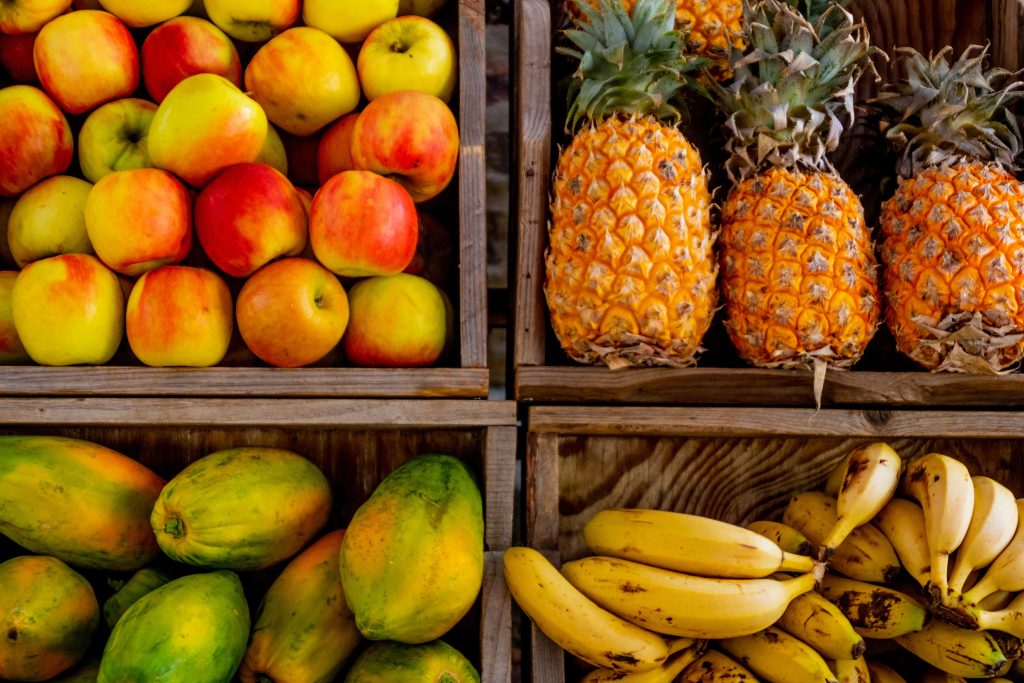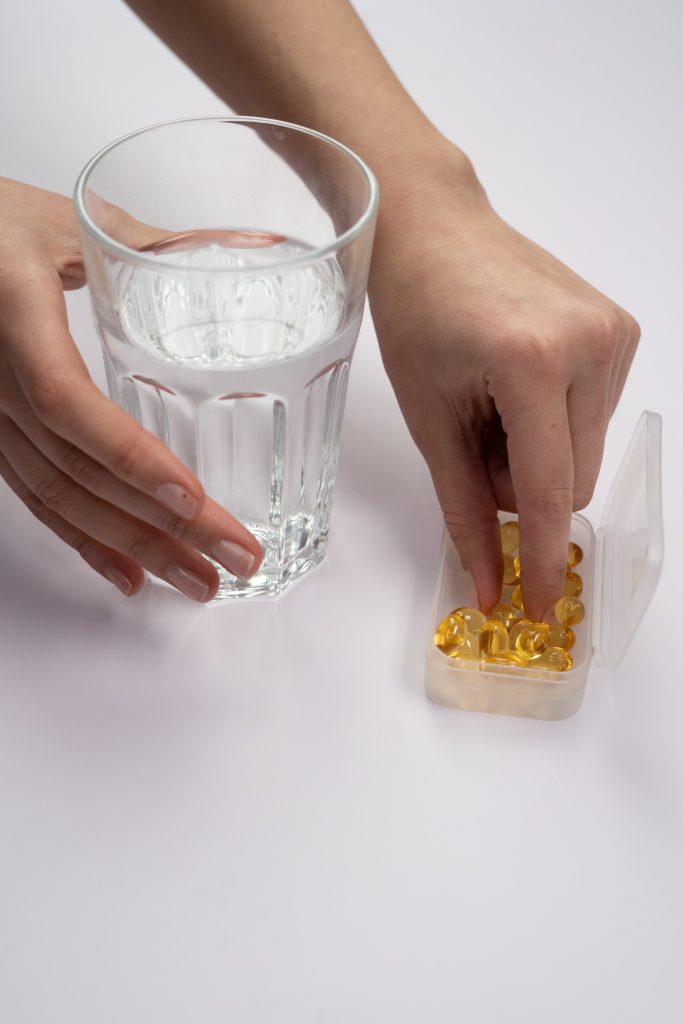Vitamins are important for mother and the baby
Firstly, congratulations to your pregnancy, I’m sure you are excited beyond words
Vitamins play a crucial role in supporting the health and well-being of pregnant women. During pregnancy, a woman’s body undergoes numerous changes, and adequate vitamin intake is essential to support the growth and development of the baby, as well as to maintain the mother’s overall health. Let’s take a look at some of the important vitamins for pregnant women and their benefits.
- Folic Acid (Vitamin B9): Folic acid is crucial for early fetal development and helps prevent birth defects in the baby’s brain and spine. It is recommended that pregnant women take a daily supplement of 400 to 800 micrograms of folic acid. Adequate folic acid intake can reduce the risk of neural tube defects such as spina bifida and anencephaly in newborns.
- Iron: Iron is important for the production of red blood cells in both the mother and the baby. During pregnancy, the mother’s blood volume increases, and iron is needed to support this increased blood supply. Iron also helps prevent anaemia, a condition characterized by low levels of red blood cells, which can cause fatigue, weakness, and other health issues.

- Calcium: Calcium is essential for the development of the baby’s bones and teeth, as well as for maintaining the mother’s bone health. Adequate calcium intake during pregnancy can help prevent bone loss in the mother and ensure proper bone formation in the baby.
- Vitamin D: vitamin D is important for calcium absorption and plays a role in bone development. It also helps regulate the immune system and supports overall health. Vitamin D deficiency during pregnancy has been linked to an increased risk of gestational diabetes, preeclampsia, and preterm birth.
- Vitamin C: Vitamin C is a powerful antioxidant that helps boost the immune system and supports tissue growth and repair. It also aids in the absorption of iron from plant-based sources, which is important for pregnant women who may follow a vegetarian or vegan diet.
- Vitamin A: Vitamin A is important for vision, immune function, and cell growth. However, excessive vitamin A intake during pregnancy can be harmful to the baby. Pregnant women should avoid high-dose vitamin A supplements and limit their intake of animal liver and fish liver oil, which are rich sources of vitamin A.
- Get your vitamins Femi Baby Femibion Doppelherz: Schwangere + Mütter
- Vitamin E: Vitamin E is an antioxidant that helps protect cells from damage and supports immune function. It also aids in the formation of red blood cells and plays a role in the development of the baby’s nervous system.
- Vitamin B6: Vitamin B6 is important for brain development and helps regulate mood, appetite, and sleep. It also aids in the metabolism of protein, carbohydrates, and fats. Vitamin B6 can help relieve nausea and vomiting during pregnancy, commonly known as morning sickness.
- Vitamin B12: Vitamin B12 is crucial for the formation of red blood cells and DNA synthesis. It also plays a role in nerve function and brain development. Pregnant women who follow a vegetarian or vegan diet may be at risk of vitamin B12 deficiency and should consider taking a supplement.

Additional need during pregnancy
In addition to these vitamins, pregnant women should also ensure they are getting adequate amounts of other essential nutrients such as omega-3 fatty acids, iodine, and magnesium, which are important for fetal development and maternal health.
In conclusion, a well-balanced diet that includes a variety of foods rich in essential vitamins and minerals is important for pregnant women.
Due to the increased nutrient requirements during pregnancy, many healthcare providers recommend prenatal vitamin supplements to ensure adequate intake of essential nutrients. It is important for pregnant women to consult their healthcare provider before starting any new supplements and to follow their recommendations for vitamin and mineral intake during pregnancy. Proper vitamin intake during pregnancy can help support the health and well-being of both the mother and the baby.
Subscribe to my blog and follow me on TikTok for more useful content like this 




